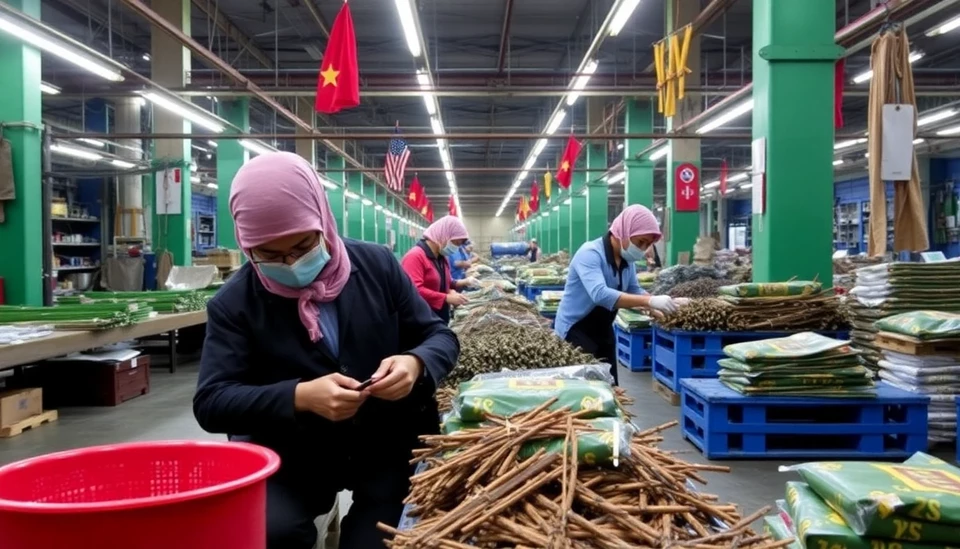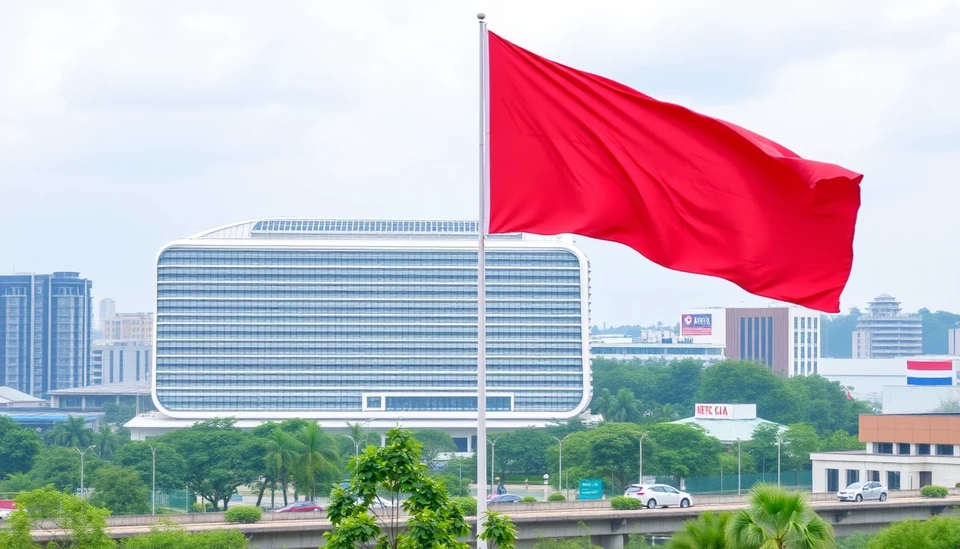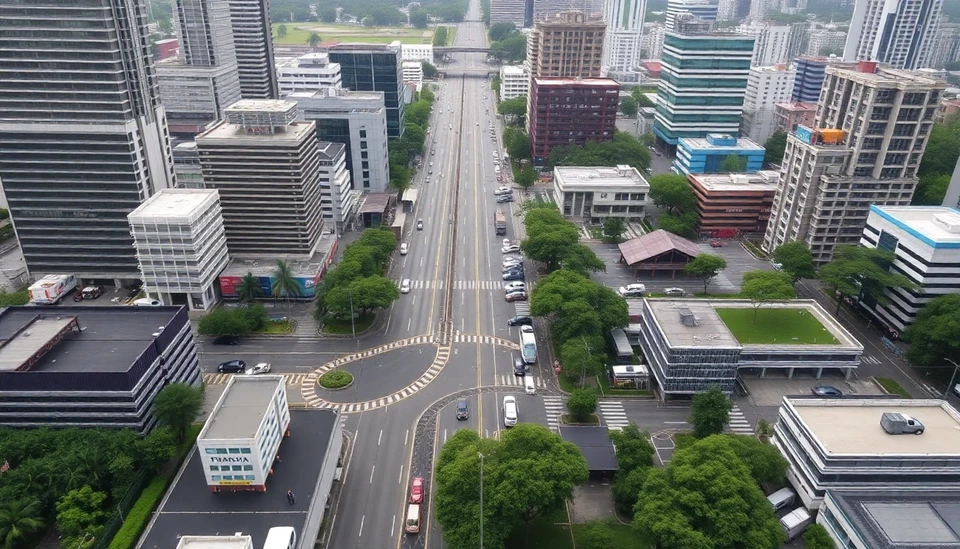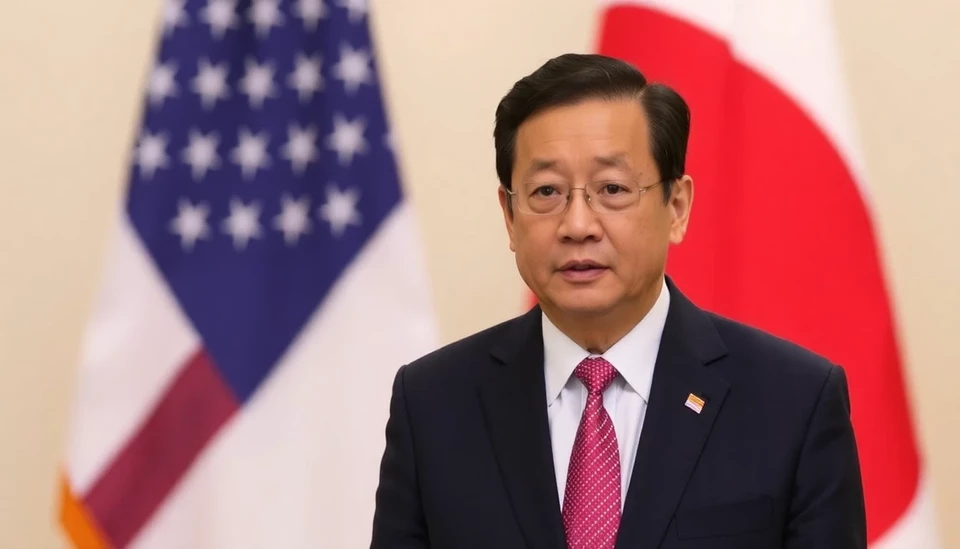
Recent reports indicate that Indonesia's economic growth may experience its most significant slowdown in a year due to a downturn in the manufacturing sector. The nation's central bank has projected that the country's growth rate will decline to around 5.1% for the fourth quarter of 2024, a notable drop from earlier predictions. This grim forecast comes as manufacturing activity, a critical component of Indonesia's economy, shows signs of struggling to maintain momentum in the wake of global economic uncertainties.
Analysts note that this contraction in manufacturing is primarily in response to weakened demand both domestically and internationally. As countries worldwide grapple with inflationary pressures and supply chain disruptions, Indonesia's manufacturers are feeling the pinch. The Purchasing Managers' Index (PMI) data reflects this concerning trend, with figures indicating that production capacity is not only slowing but has also led to a significant reduction in new orders. This contraction is particularly worrying, as the manufacturing sector contributes substantially to overall economic dynamism.
Several factors are exacerbating the situation. A global recession, characterized by cautious consumer spending and reduced industrial output, has led to a drop in exports from Indonesia. The Southeast Asian nation heavily relies on its manufacturing for jobs and as a growth driver, making these developments all the more alarming. Moreover, rising raw material costs have placed additional pressure on manufacturers, further shrinking their profit margins and leading to a retrenchment in investment.
In light of these challenges, the Bank of Indonesia has been closely monitoring the economic landscape, with some experts suggesting that interest rates might need to be adjusted to stimulate growth. There is also speculation regarding potential government interventions aimed at supporting the manufacturing sector, which is crucial for national income and employment.
As Indonesia braces for these economic challenges, the government is urged to emphasize strategies that could foster resilience within the manufacturing sector. Investment in technology and innovation, as well as enhancing workforce skills, could provide necessary boosts amidst the current climate. However, navigating the global economic situation will require agility and decisive action from both policymakers and business leaders alike.
The outlook may seem dire, but analysts remain cautiously hopeful that Indonesia can leverage its vast potential for recovery. With the right measures in place, there is a possibility for stabilization in the manufacturing sector, setting the stage for economic growth to resume. As the country approaches the end of the fiscal year, all eyes will be on its performance and the effectiveness of interventions aimed at mitigating this downturn.
In summary, while Indonesia faces significant challenges that could lead to the slowest growth in a year, proactive strategies aimed at reviving the manufacturing sector could pave the way for a brighter economic future. Stakeholders are hopeful that with resilience and innovation, Indonesia can emerge stronger from these trying times.
#Indonesia #EconomicGrowth #Manufacturing #PMI #GlobalEconomy #BankofIndonesia #InvestInManufacturing
Author: Laura Mitchell




